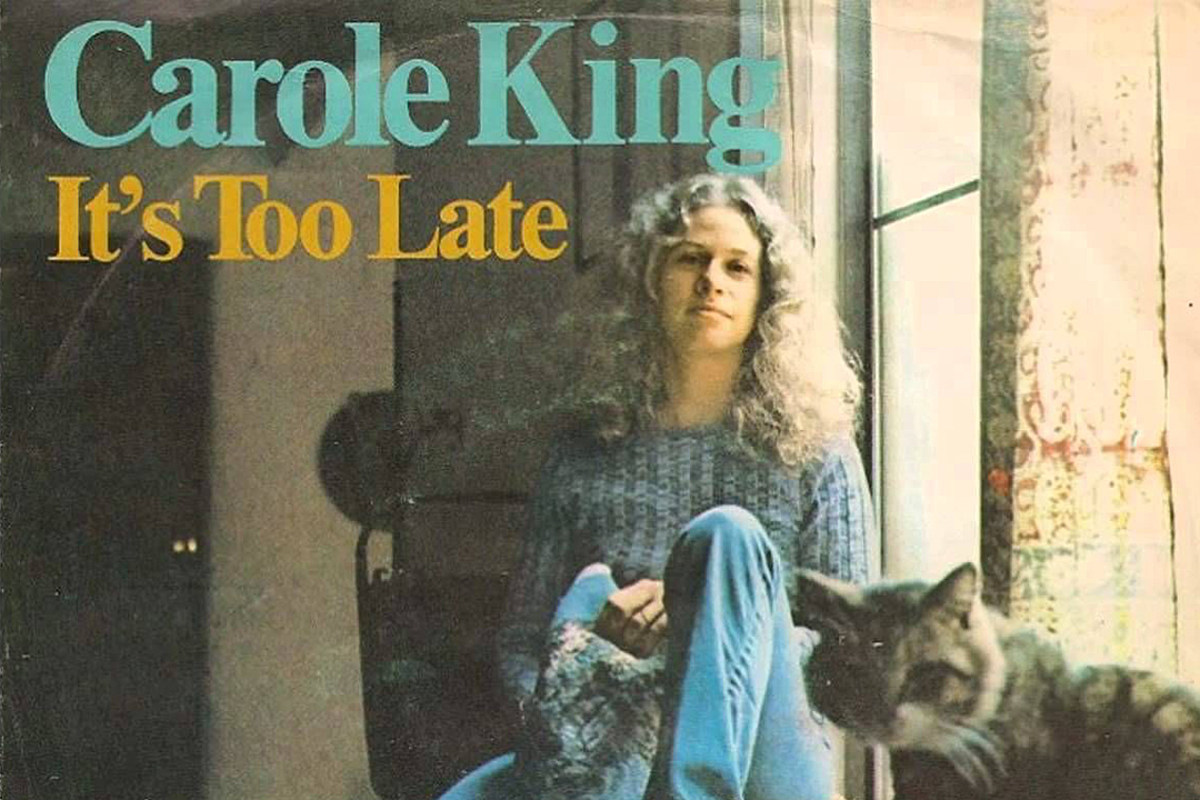
About the Song
Carole King’s “It’s Too Late” – a song that needs no introduction for folks like us, those who lived through the whirlwind of the 1970s. But for younger folks who might be coming to this classic for the first time, let’s set the scene.
The year is 1971. The Vietnam War is winding down, the Civil Rights movement has made significant strides, and a new wave of singer-songwriters are taking the music world by storm. Carole King was already a successful songwriter, having penned hits for artists like The Drifters and Aretha Franklin. But it was her Tapestry album, released that same year, that truly cemented her place in music history.
Tapestry was a deeply personal album, a collection of songs that explored themes of love, loss, self-discovery, and the complexities of life. It’s Too Late fit right in. This wasn’t a song about some far-off fantasy; it was about real emotions, the kind we’ve all grappled with at some point. The lyrics, penned by Toni Stern with music by Carole King herself, captured the sting of regret, the ache of a missed opportunity in a relationship.
The song starts slow and melancholic, the piano weaving a melody that perfectly complements the bittersweet message. King’s voice, both powerful and vulnerable, delivers the lyrics with an honesty that resonates deeply. We hear about chances not taken, about words left unsaid, about the realization that sometimes, when it comes to love, there comes a point of no return.
It’s Too Late wasn’t just a hit song; it became an anthem for a generation. It spoke to the complexities of relationships, the choices we make, and the consequences that sometimes follow. It was a song of heartbreak, yes, but also a reminder to cherish the good times and to be brave enough to express our feelings before it truly is too late.
So, whether you’re a longtime fan revisiting this classic or a newcomer just discovering its brilliance, It’s Too Late is a song that deserves a listen. It’s a timeless piece of music that reminds us of the universal truths about love, loss, and the human condition.